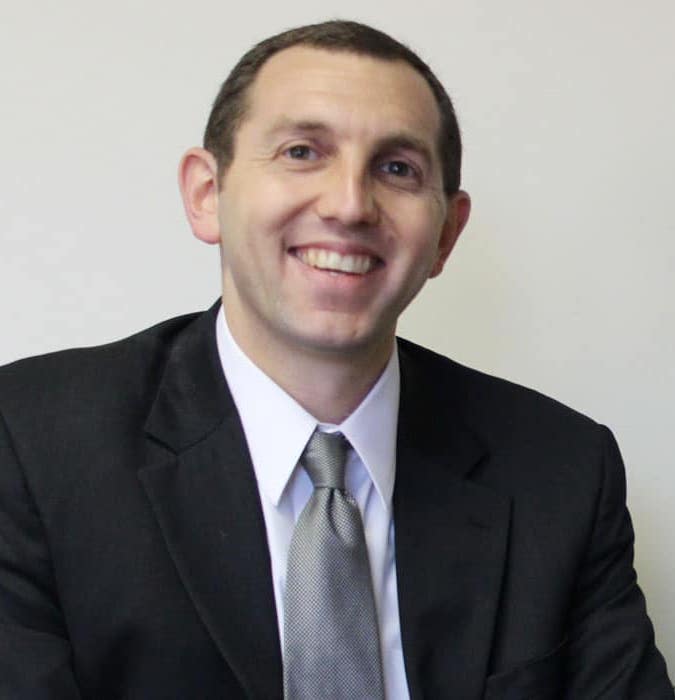Common Myths About DUIs Debunked
Thousands of Florida drivers are charged with driving under the influence each year, and that’s a fraction of the number believed to have driven drunk. Drunk driving is the subject of many public service announcements, state and local campaigns, and even lessons in school. Still, a lot of what people “know” about DUIs is dead wrong beginning with the term drunk driving.
If you’ve been charged with driving under the influence, your best next step is to talk to an experienced Jacksonville DUI attorney. But, people often make serious mistakes before they get to speak to a DUI lawyer. The more you know upfront, the better.
Here are some of the most common myths and misconceptions, along with the facts. Your DUI lawyer can explain these issues in greater detail if they’re applicable to your case.
Myths about DUIs:
1. To be Convicted of a DUI you must have been Driving while Drunk.
Many people think that just because they aren’t what they consider to be drunk they are okay to drive or that doing so would not be against the law. This is one of the biggest myths regarding DUI offenses in Florida. More specifically it is critical to understand that to be guilty of a DUI in Florida a person doesn’t have to be “drunk”, but rather their normal faculties have to be impaired or limited in some material way. (In Florida Normal Faculties include but are not limited to a person’s ability to see, hear, walk, talk, judge distances, drive a vehicle, make judgments, and in general to normally perform the many mental and physical acts of daily life.) So if you’ve been drinking, just because you aren’t falling over doesn’t mean that you are safe to drive.
2. Your BAL starts dropping when you stop drinking.
Many people think they’re reducing both the risk of an accident and the risk of a DUI charge by waiting an hour or so after drinking to get behind the wheel. Unfortunately in some instances this too is a myth. The reason being that a person’s blood alcohol level (BAL) typically peaks between 30 minutes and two hours after you consume alcohol. Said another way, that for some period of time after consuming alcohol a person’s blood alcohol level (BAL) continues to rise. Now eventually that blood alcohol level (BAL) will start to decline as alcohol is metabolized by the body, but it could take hours to come down to a safe or legal level. So if you or a loved one have been drinking think twice before getting behind the wheel. Having said all of that, the time it takes for a person’s blood alcohol level (BAL) to start decreasing can also impact the results of any chemical test a person submits to and thus it can have a significant impact on your DUI defense.
3. You can’t be convicted of DUI if you refuse the breathalyzer.
Unfortunately the idea that a person cannot be convicted of a DUI if they refuse to give a breath sample is another great myth here in Florida. The reason being that there are ways to prove the crime of DUI without the results of chemical tests. The arresting officer and others who observed you can testify to what they witnessed, such as slurred speech, bloodshot eyes, being unsteady on your feet, and other signs of intoxication. The prosecutor may also collect other evidence, such as a witness to how much you had to drink before driving. However, a defendant’s breath alcohol level or blood alcohol level may be the most powerful tool the prosecutor has in a DUI prosecution. That’s because if the state proves that a Defendant’s BAL was .08% or greater while driving, you are guilty of a crime, regardless of the degree of impairment you may have been experiencing while operating a vehicle. Thus deciding whether or not to provide a breath sample or blood sample comes down to the specific facts one finds themselves in. But for a review of the pros and cons of each reach out to an experienced criminal defense attorney.
4. You must submit to field sobriety tests.
Here in Florida the law provides you the right to choose whether or not to submit to field sobriety exercises. That said, the refusal to participate in such exercises can be held against a driver. Likewise an officer’s observations up to and following a refusal to participate in field sobriety exercises can be used to help secure a conviction. Additionally, any driver in Florida has the right to refuse chemical testing, but that refusal carries consequences such as driver’s license suspension. Additionally if a person has previously refused to provide a chemical sample testing for sobriety and they do so again, they have committed a separate criminal offense typically known as criminal refusal, which is a misdemeanor of the first degree.
5. You can trick a breathalyzer test.
This isn’t really one myth, but a vast collection of them. You may have heard that you can fool a breathalyzer by chewing gum, sucking on a penny, rinsing out your mouth, eating a mint, using breath spray (and so on, and so on) will alter the breathalyzer results. There is no data supporting any of these theories.
6. You have to be caught driving to be charged with DUI.
Florida law says you may be guilty of DUI if you are driving or “in actual physical control of the vehicle.” Physical control of the vehicle has been interpreted broadly. For example, if you’re sitting in the driver’s seat of the vehicle, you are in control of it, even if the car is in park. In fact, the car could be off and the keys in your pocket, and you could still be found guilty of DUI. In addition, the officer doesn’t necessarily have to see you driving to make a DUI case. For example, if another driver calls in your license plate because you are driving erratically and the officer gets to your house minutes after you park the car, the combination of the witness testimony and the officer’s observations of your condition when they arrive may be used as evidence against you.
7. You can’t beat a DUI charge.
Every DUI case is different. Your DUI defense lawyer will gather information from you, from the police records, and from any other sources such as witnesses or video footage. Then, they will assess your case for possible weaknesses. That could mean anything from the officer lacking probable cause for the stop or the breathalyzer device being faulty to a medical condition or prescribed medication that may have affected your test result. Depending on the specifics of your case, these types of weaknesses may lead to a dismissal, give your defense attorney leverage to negotiate a favorable plea agreement, or even an acquittal at trial. Never take the prosecuting attorney’s word when they say “this is the best offer you’ll get,” or listen to well-meaning friends who tell you there’s no defense to a Florida DUI charge.
Talk to a Jacksonville DUI Attorney Today
If you’ve been charged with DUI, it’s important that you speak with a knowledgeable DUI lawyer right away. DUI cases can move quickly, and you may miss important deadlines or make seemingly harmless statements that can harm your case. Don’t take that risk. The sooner you have reliable information about your rights and options in a DUI case, the better.
Attorney Matthew Lufrano is a former public defender and long-time Florida criminal defense attorney. He has extensive experience with criminal cases ranging from misdemeanors to serious felonies and is willing and able to try your case before a jury if that is the best approach for you. In fact, he’s been recognized by the Florida Bar as a Certified Expert in Criminal Trial Law. To learn more about how Lufrano Legal can help you protect your rights and put forth the best defense against DUI or any other Florida crime, call 904-513-3905 right now. You can also fill out the contact form on this site and we’ll reach out to you.

Since graduating from law school and passing the Bar Exam in 2009, Matthew Lufrano has practiced exclusively as a criminal defense attorney and his sole focus has been defending the rights of the accused. As a defense attorney, Mr. Lufrano has tried 80 jury trials to verdict and in 2017 the Florida Bar recognized Mr. Lufrano as a Board Certified Expert in Criminal Trial Law. Today Mr. Lufrano not only owns and operates Lufrano Legal, P.A., but he also serves as the President for Jacksonville’s local chapter of the Florida Association of Criminal Defense Lawyers.
